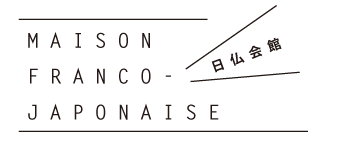
Abstract
Some of the current discussions regarding the relationship between religion and politics in contemporary Japan deal with the survival or revival of “State Shinto” and a number of surrounding topics. Shimazono Susumu’s discussion on “State Shinto” is a well-known achievement in this regard. The present administration of Prime Minister Abe Shinzō, in power since 2012 after an unsuccessful one-year term in 2007, has been trying to set in motion the reinterpretation of the Constitution of Japan. Those supporting the Abe cabinet and the Liberal Democratic Party include a number of nationalist, conservative, and right-wing groups, some of whom are derived from religious—especially Shinto—movements. This imminent situation necessitates critical reflection on the relationship between religion and politics in contemporary Japan.
Profile
Michiaki OKUYAMA is Professor at Nanzan University. His work in English includes “Historicizing Modern Shinto: A New Tradition of Yasukuni Shrine,” in S. Engler and G. P. Grieve, eds., Historicizing “Tradition” in the Study of Religion (De Gruyter, 2005), and “Religious Problems in Contemporary Japanese Society: Two Cases after the Aum Shinrikyo Affair,” in T. Hjelm, ed., Religion and Social Problems (Routledge, 2011).
Moderator: Jean-Michel BUTEL (UMIFRE 19-MFJ)
Organization: Bureau français de la MFJ
Co-organization: CCIFJ
|













